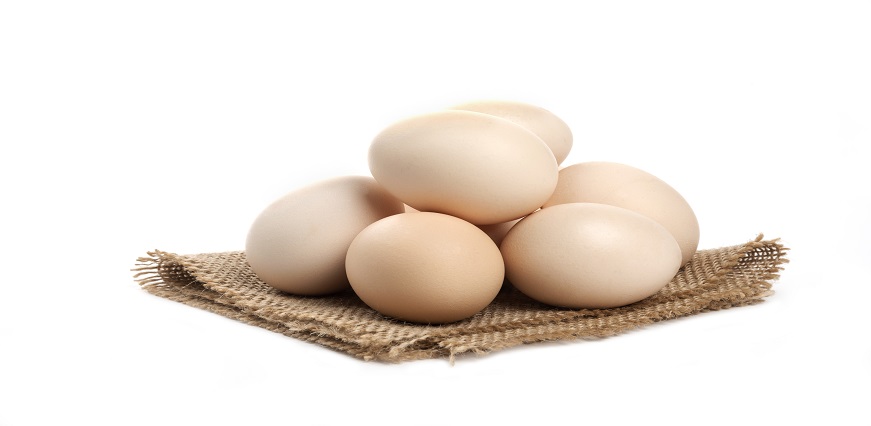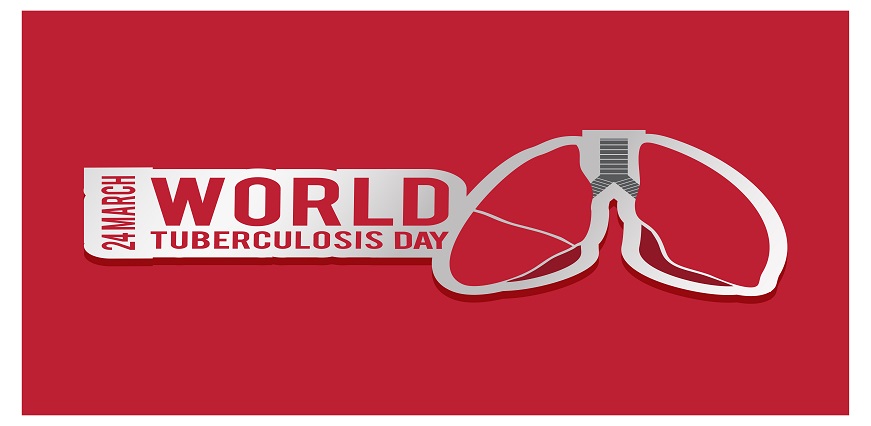





No lab centers are available in this city

Max Lab
Dec 06, 2022
Protein is one of the basic building blocks of life. It helps our body grow, provides us with energy, and is key to a healthy immune system. Protein-rich food can be found in both animal and plant sources. Find out more about the top 12 richest sources of protein here!
Proteins are the building blocks of our bodies. They are made up of amino acids, which are joined together in long chains.
Proteins play many important roles in our bodies, including:
There are many different types of proteins, but they can all be classified into two main groups: complete and incomplete.
Animal sources of protein, such as meat, poultry, fish, eggs, and dairy products, are typically complete proteins.
Plant sources of protein, such as grains, beans, nuts, and seeds, are usually incomplete proteins.
When it comes to working out, protein is essential for helping your body to build muscle. It’s also important for repairing tissue, and for providing energy during long or intense workouts. If you’re not getting enough protein in your diet, you may not be able to reach your fitness goals.
If you’re looking to increase your protein intake, there are a few things you can do. First, make sure that you’re including protein-rich foods at every meal. Second, add a protein supplement to your diets such as whey protein powder or casein powder. Third, eat more frequently throughout the day so that you’re getting small amounts of protein at each meal or snack. And fourth, if you’re working out regularly, make sure that you’re eating enough calories to support your activity level.
Protein is an essential macronutrient that helps build muscle, repair tissue, and produce enzymes and hormones. It's important to include protein-rich foods in your diet to ensure you're getting enough of this nutrient.
There are many different types of protein-rich foods, including meat, poultry, fish, eggs, dairy, beans, lentils, nuts, and seeds. Here are the 12 richest sources of protein:
Protein is an essential macronutrient that plays many vital roles in our bodies. It is involved in the structure and function of all our cells and tissues, including muscles, bones, skin, hair, and nails. Protein is also necessary for the production of enzymes, hormones, and other important molecules in our bodies.
Most people consume more than enough protein each day. However, some people – including athletes, bodybuilders, and people who are trying to lose weight – may need to consume more protein than the average person. Consuming too much protein can lead to weight gain and other health problems.
With our offerings in line with government-mandated prices, Maxlab offers full body checkup packages that cover an exhaustive list of tests for a comprehensive diagnosis of your health. Choose from a range of health test packages based on your needs.
Protein is an essential macronutrient that plays a role in many different bodily functions. If you're looking to increase your protein intake, there are plenty of delicious options to choose from. The next time you're at the grocery store, be sure to pick up some of these protein-rich foods so you can reach your daily goals.
Also Read:
Proteins are macronutrients made up of amino acids. There are 20 different amino acids that can be combined to make a protein.
Protein is important for our bodies because it helps to build and repair tissues, provides energy, and regulates many body processes.
Protein is an essential macronutrient that plays a major role in many bodily processes. It is responsible for the growth and repair of tissues, the production of enzymes and hormones, and the transportation of nutrients throughout the body.
The Recommended Dietary Allowance (RDA) for protein is 0.36 grams per pound of body weight, or about 56 grams per day for the average adult.
Proteins can be divided into two main categories:
If you don't get enough protein in your diet, your body will start to break down muscle tissue for energy. This can lead to weight loss, weakness, and fatigue.
There are a number of diseases that can cause low protein levels in the blood. One of the most common is nephrotic syndrome, which is a kidney disorder that causes the body to excrete large amounts of protein in the urine.
You can increase your protein intake by eating more protein-rich foods like meat, poultry, fish, eggs, dairy, legumes, and nuts or by supplementing with protein powder.












Sign up takes less than 60 secs and gives you access to your offers, orders and lab tests.
Looks like you are not registered with us. Please Sign up to proceed
OTP will be sent to this number by SMS
We have successfully received your details. One of the agents will call you back soon.
 To reach our help desk call 9213188888
To reach our help desk call 9213188888
No Lab Centers are available in this city
Looks like you are not registered with us. Please Sign up to proceed
OTP will be sent to this number by SMS
Not Registered Yet? Signup now.Looks like you are not registered with us. Please Sign up to proceed





 7982100200
7982100200.png)
Comments